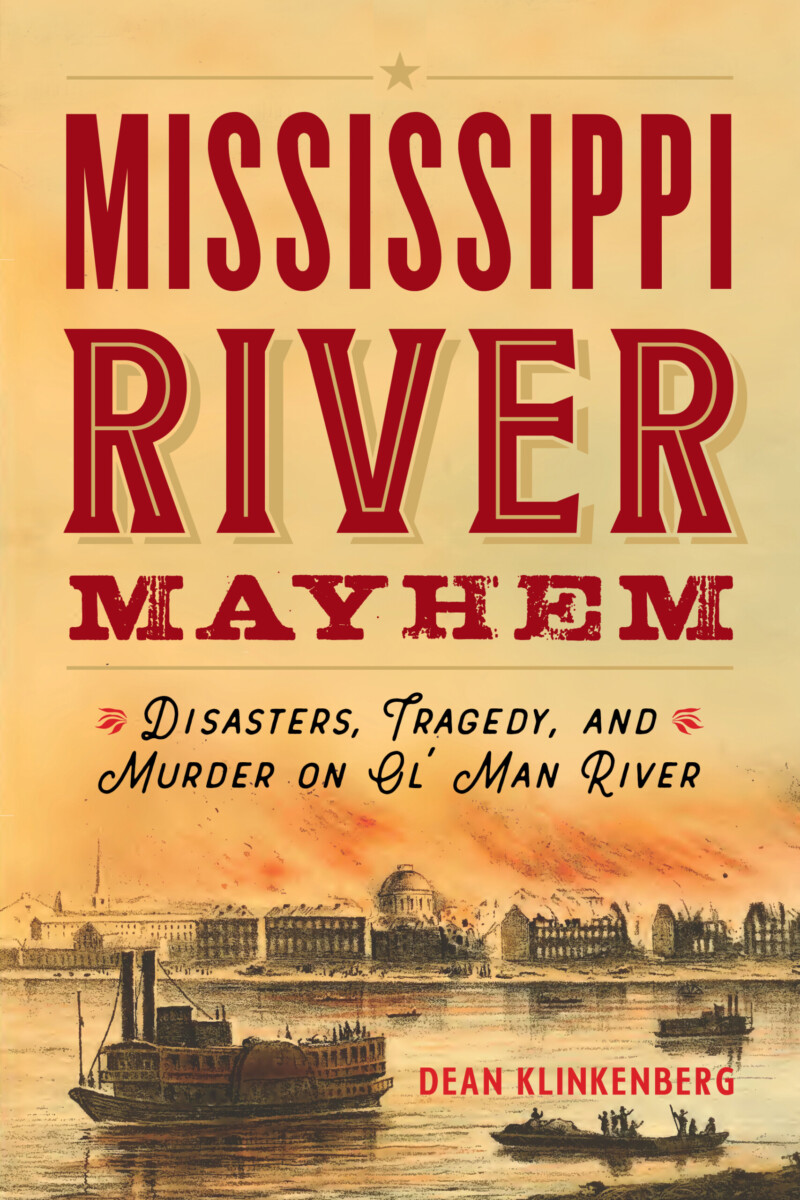
In the early morning hours of December 16, 1811, residents of New Madrid, Missouri, were fast asleep. The farmers and traders who lived there had wrapped up another day of tending the fields and stores and had every reason to expect the next day would bring more of the same.
Then the ground shook. Violently. Plates crashed to the floor. Panicked residents stumbled to get out of their cabins as the world around them trembled with frightening intensity. An earthquake unlike anything that anyone had experienced in living memory rattled their lives and left them vulnerable. Subsequent quakes would destroy their community and end the lives of hundreds of people.
The earthquakes around New Madrid, Missouri, in 1811-1812 were just one of many terrible events that have rocked the lives of people in the Mississippi Valley. Each tragedy comes with its own stories of heart-breaking loss, acts of heroism, opportunistic scoundrels, and putting life back together. Author Dean Klinkenberg details some of those stories in this talk, which is based on his book Mississippi River Mayhem: Disasters, Tragedy, and Murder on Ol’ Man River.
While researching the book, Klinkenberg noted some recurring themes in how we often respond to disasters like those earthquakes. Disasters strike without warning and leave us feeling vulnerable, confused, and despondent. We struggle to make sense of what happened. Some people engage in heroic efforts to save strangers. Others see an opportunity to make a buck.
Disasters bring out the best and (sometimes the worst) in our humanity. In the end, we often struggle to make sense of what happened and to put our lives back together, but ultimately, we do. We have to.